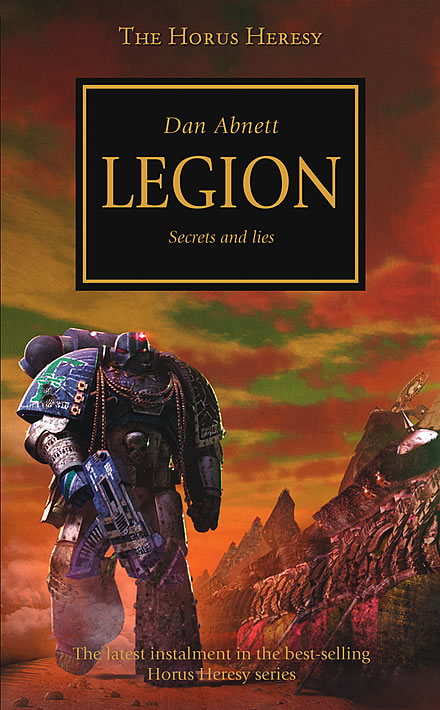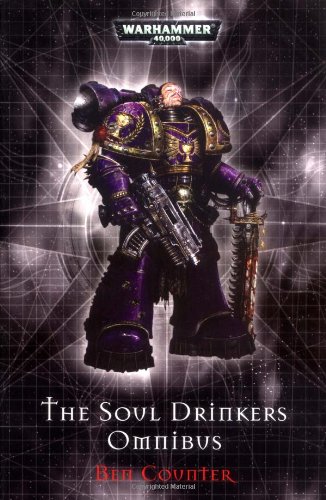Nineteen Eighty-Four by George Orwell. Dystopia, classic, disturbing.
This review contains spoilers.
Winston Smith is dead. He is dead because he has committed thoughtcrime and thoughtcrime is death. In his dead but not-dead state he becomes free to act in a manner that disregards his personal safety. He falls in love with Julia and they have an affair. They know the affair is doomed but they pursue it anyway. Julia and Winston are caught by the Thought Police. They are tortured and made to confess all their crimes. They are afraid to die but the goal of the Thought Police, in fact, the whole government of Airstrip One is not to kill people; it is to control them. To control the circumstances of their entire existence not through exterior means, through force or extortion or the threat of physical pain. They want to control people by completely shaping and knowing their thoughts. To inculcate doublethink into the populace so firmly that a person cannot even think of rebelling against the system. Complete hegemonic control is the goal, effected through the manipulation of culture, information and language. Winston and Julia are not tortured to death, they are tortured into complete submission. They give up every secret place inside their souls and in the end they become the property of the Party.
After I finished reading Nineteen Eighty-Four I read the news. I wanted to scream “It’s doublethink!!!” The cognitive dissonance on display was suddenly transparent to me. I was able to see through to the motivation of “culture warriors” who speak without logic. They seemed to be purposefully obtuse. The purpose is to avoid logical interpretation, to breed frustration to the point that people stop trying to interpret or argue and give in to illogic because they are too tired to try and make sense of the messages anymore. The end goal is not temporal power or even political ascendancy. The goal is control. Control is not imposed but flows from within a culture. When a group can take control of the language of a culture they don’t have to fight for power any more. They own the consciousness of the culture.
I used to wonder when my father would be incredibly offended when he thought someone was engaging in revisionist history. Now I know. When public figures espouse an opinion and a month or a year later espouse a completely different one without explanation or acknowledgement they are trying to say that the past doesn’t matter. Now I know why The Daily Show continuously exposes these incidents. This sort of exposure shouldn’t get old. The contradictions, the desire to own the narrative of history, to try to recast, revise or just erase history, these are all facets of the control that Orwell plays out to a possible conclusion.
Ninety Eight-Four is a classic novel for a reason. It is frightening because it is possible. I feel like I am watching people try to implement Newspeak in the present day. Would public figures utilizing the tools of the Party in the novel be so adept in their use of these concepts if he had not written this? Would the populace be more vulnerable if he had never written about what he saw happening?
Forewarned is forearmed, as far as I’m concerned.
-fh

